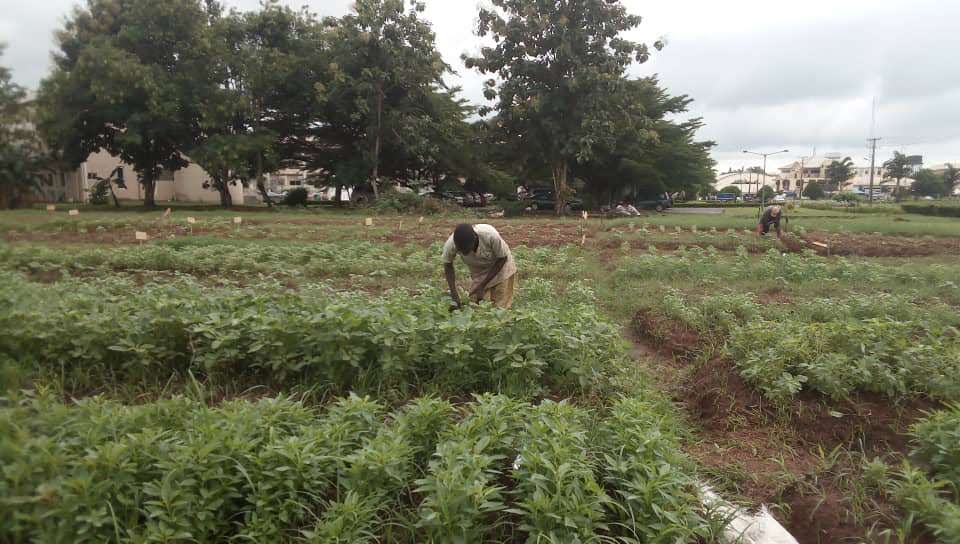Babcock University Teaching and Research Farm, through the department of Agriculture and Industrial Technology has implemented an sprinkler irrigation system to support dry season farming, vital in Nigeria’s climate where rainfall is seasonal. This initiative not only boosts crop production on the university’s farm but also serves as a training resource, helping students and local farmers adopt effective, sustainable farming practices.
The Role of Irrigation in Dry Season Farming
In Nigeria’s dry season, limited rainfall makes traditional farming difficult, but irrigation systems allow crops to thrive year-round. Babcock’s sprinkler system simulates natural rainfall, providing crops with consistent hydration and reducing water waste, thus making dry season farming viable.
Educational Value for Students and Community
The sprinkler system is a hands-on learning tool for Babcock University students, teaching them about irrigation, water management, and sustainable agriculture. Additionally, the farm hosts training sessions for local farmers, equipping them with practical skills to improve crop yields during the dry season. By sharing these techniques, the university strengthens food security and supports economic growth in surrounding communities.
Environmental and Economic Benefits
This efficient irrigation system conserves water and minimizes crop losses, which reduces overall costs and benefits the environment. Babcock’s approach encourages sustainable practices, empowering farmers with tools to adapt to changing climate conditions and seasonal challenges.
Conclusion
Babcock University’s sprinkler irrigation system exemplifies the university’s commitment to sustainable agriculture and community empowerment. Through education and outreach, Babcock is making a lasting impact on local farming, promoting food security, and setting an example in agricultural innovation.


